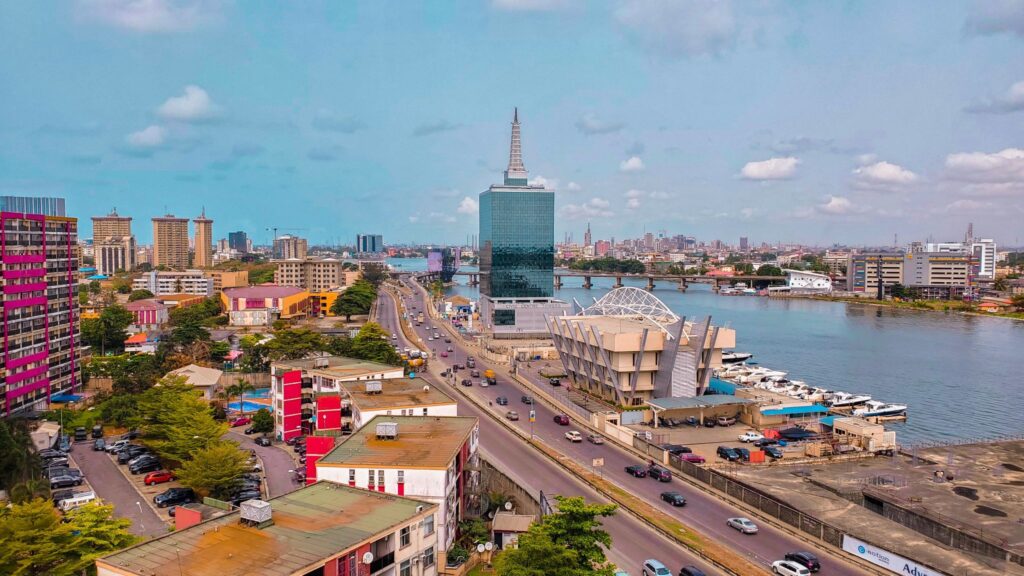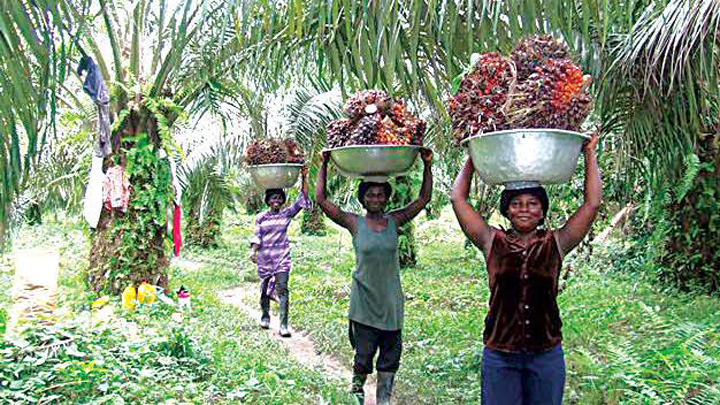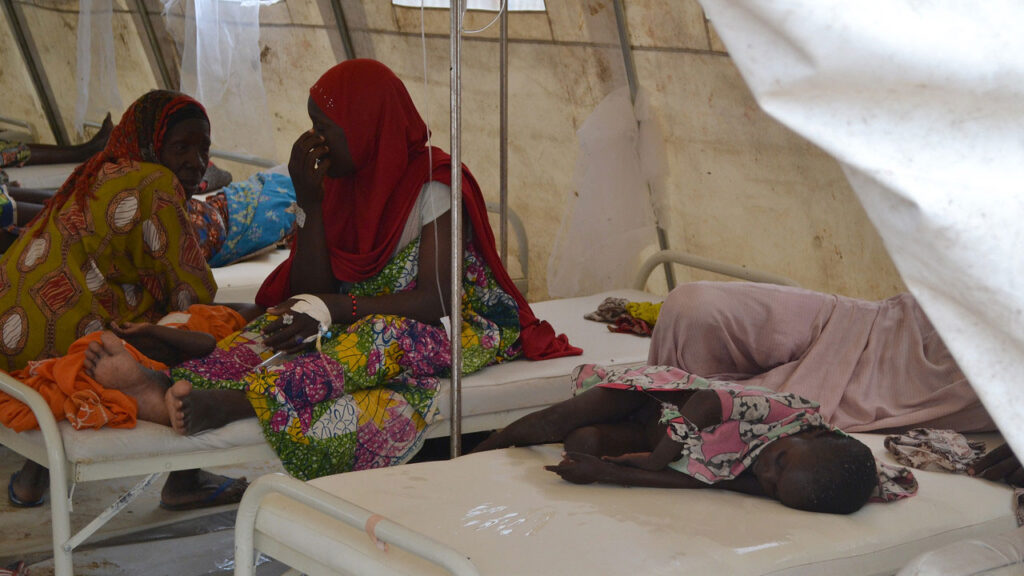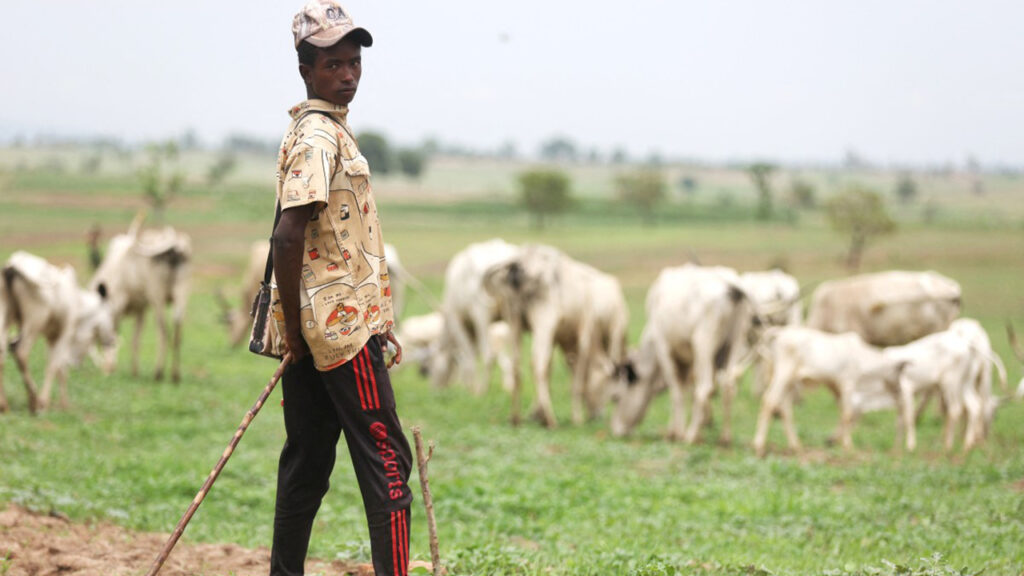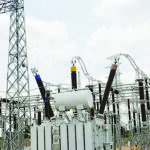
Lagos is predictably, the pacesetter in urban development and physical planning in the country, with its recent moves to digitise land administration processes through an e-portal system and granting three-month moratorium in penalties on completed buildings without building plan approvals across the state.
The state has had its share of illegal structures in all nooks and crannies of the state due to the population explosion in the nation’s commercial capital and the inability of some property owners to obtain planning permits. Sadly, this reality has been compounded by the state’s high fees and cumbersome processes which tend to discourage applicants and encourage cutting of corners. Lagos government no doubt sees land and landed property as its golden egg and is ever so determined to exploit it to the fullest.
These have led to many Lagosians building homes without approval plan and denying government revenue accruing to the Ministry of Physical Planning and Urban Development. Most importantly, the abuse or neglect of the process has aggravated the state accounting for over 326 cases of collapsed buildings and 59 per cent of the country’s recorded incidents.
The 90-day amnesty programme, which is part of measures to cushion the effect of current economic hardships on the built environment sector, also offers additional relief of five per cent discount on payments completed within 10 working days during the amnesty period.
To access the programme, an applicant is expected to submit for assessment, a title document or proof of ownership, a survey plan, as-built architectural drawings, and structural, electrical, and mechanical drawings. Other documents to be submitted for assessment are the non-destructive integrity test report, letter of structural stability and indemnity, land use planning analysis report, evidence of tax compliance, and other supporting documents.
The recent development is meant to promote and enforce best practices across the building sector by working closely with developers, contractors, and other stakeholders to ensure compliance and raise awareness. Lagos State aims to create a safer and more resilient built environment for its residents and wants stakeholders to play their part in mitigating disasters and ensuring the long-term sustainability of the sector.
In Nigeria, where the average Nigerian cannot afford to consult professionals and pay scale of fees to surveyors, architects, engineers and builders to design and build their houses, complying with the amnesty programme may still be a herculean task for some of the property owners, who have lost their jobs and facing economic challenges.
Before now, many Lagosians have been facing difficulty in registering property and obtaining a construction permit. With regards to registering a property, Nigeria ranks 184 in non-compliance. In Lagos, it takes an average of 12 procedures and 105 days to register a property, costing up to 11.1 per cent of the property value. This process is made difficult due to the low quality of land administration in Lagos. This does not encourage formal declaration of assets and discourages people away from registering their properties.
Nigeria ranks 149 on the ease of obtaining a construction permit and requires 17 procedures, 118 days, and 27.5 per cent of property value. This encourages more informal construction of properties and increases risks in the real estate sector.
However, a more realistic waiver on the fees may go a long way to woo homeowners without planning approvals, and those that have completed their houses and living in them. The stipulated grace period of May 2 to July 30, 2024, without payment of statutory penalties will help, but most Lagosians need a more humane approach to sustaining their properties; while the state government also needs to liberalise the processes further, to move nearer the projected housing requirement of the state, or to bridge the huge gap in housing deficit. Government should aim to make permanent and sustainable the habit of erecting buildings with approval in Lagos State.
Despite the emerging issues, the Lagos State government stands out in the issuance of planning permits through the recently launched Certified Accreditor Programme, consisting of registered consultants made up of architects, town planners, geoscientists, civil and structural engineers, mechanical engineers, registered builders, registered geoscientists, and other relevant professionals. The scheme, an ambitious move to transform the construction industry and enhance service delivery, is aimed at expediting the building approval process, mitigating collapses, and bolstering regulatory efficiency.
With these transformative certification programmes, the Lagos State government is empowering private sector professionals to take up critical roles in regulating the building industry. This forward-thinking approach will not only improve the efficiency of construction approvals and regulatory processes but also promote a culture of safety, sustainability, and excellence in the real estate sector.
The programme is designed to enable the state to engage private sector professionals in regulating the built environment. It involves the use of consultants and private firms in building approval and regulatory processes to ensure efficiency, and reduce incidents of building collapse significantly.
With the moratorium now ongoing, the state government should also consider a similar policy for obtaining land title documents as Nigeria holds at least $300 billion or as much as $900 billion worth of dead capital in residential real estate and agricultural land.
It is estimated that more than 50 per cent of Lagos properties lack legal titles, raising concerns among stakeholders, who have categorised those properties as dead capital because they are neither bankable nor tradeable as collateral for loans.
The state may also wish to unlock and leverage estimated capital to create value and grow wealth in the economy. PwC study in 2020 says the value of Nigeria’s dead capital is close to $1 trillion, and 70 per cent of the global population holds dead capital valued at $9.30 trillion. The high value in the nation’s real estate market segment holds between $230 billion and $750 billion in value, while the middle market carries between $60 billion and $170 billion in value.
With a single registry for property and collateral contracts, it will bring down the cost of lending, increase trust and liquidity in the market and will spur a new breed of activity in the capital markets for real estate products such as real estate investment trusts and mortgage-backed securities.
But in so far as Lagos State government is entitled to generating revenue, leveraging demand over supply of land, it should constantly remember that it represents the face of poverty that dominates Nigeria; and government is not all about making money but more importantly improving the lives and living conditions of their people.

